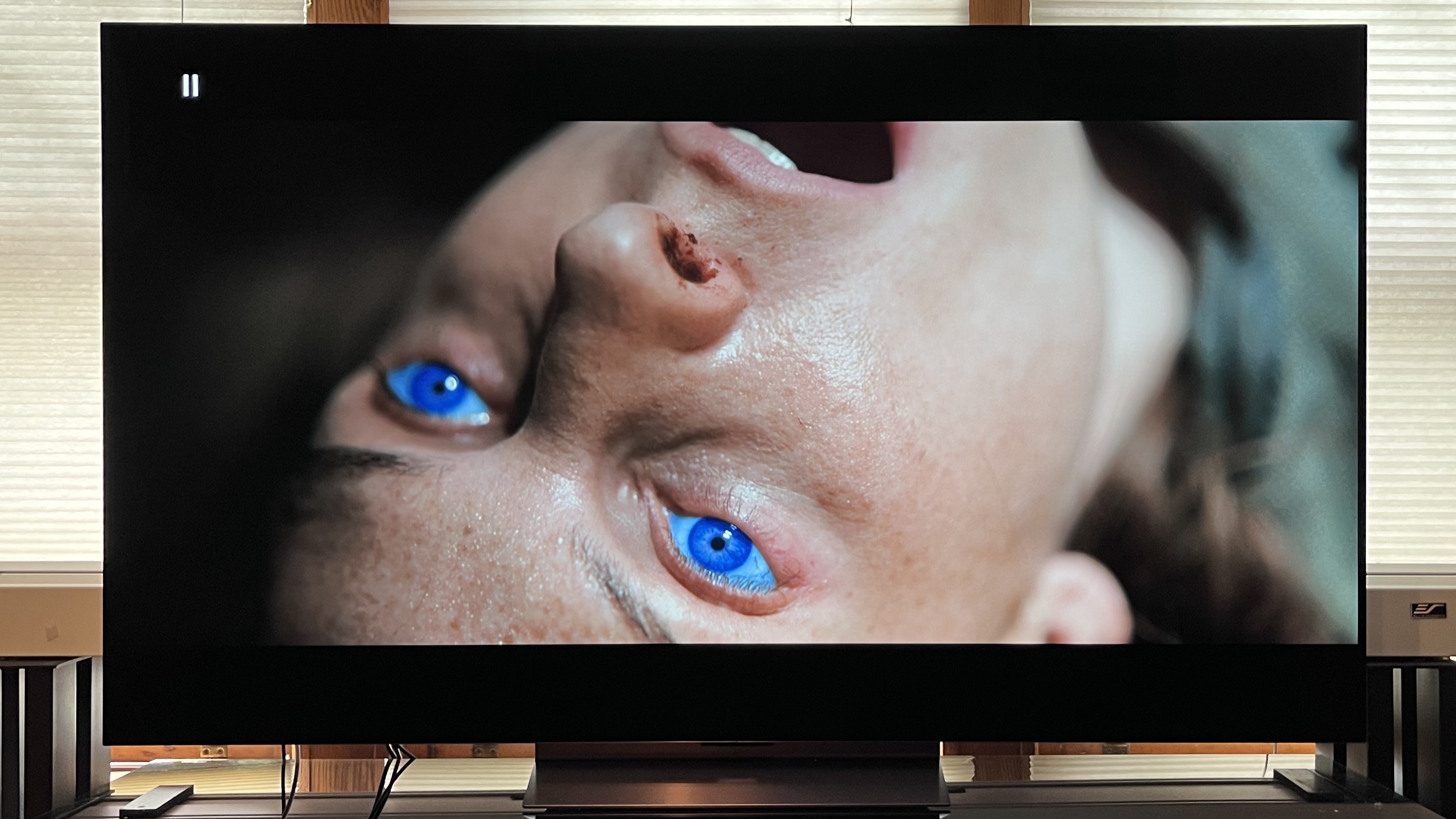
Could your box set bingeing and movie marathons be ruining your sleep? There's some evidence that they are: the blue light emitted by many of our screens is believed to affect our circadian rhythms, the biological processes that govern our sleep/wake cycles. And a new study from LG suggests that OLED panels (and in particular those made specifically by LG Display, naturally) may be less disruptive than the panels in other TVs.
LG Display, in association with researchers at Seoul’s Kookmin University, has just completed a study that looked into the effects of TV panel exposure on groups of adult men and women. They were specifically looking for effects on melatonin production; that's the hormone that helps us get to sleep, and which is believed to play a role in sleep disorders. In the study, researchers found that while melatonin production dropped 2.7% among the group of LCD TV viewers, it increased by 8.1% in the group of LG OLED TV viewers. In this context, more melatonin is better.
Let there be light (but not blue light)
Last year, LG's OLED TV and monitor panels were the first in the industry to be certified as "circadian friendly" by the global testing body TUV Rheinland. That certification assesses factors such as color temperature, light intensity and similarity to natural light.
You've probably noticed a lot of wooly language here, such as "believed to", "could" and "may". That's because there's still a great deal of controversy over blue light and its effects – in a Guardian report, experts suggested that going outside at lunchtime will have a bigger effect on your sleep patterns than how long you spend using screens in the evening; studies suggest that if you really want to sleep better at night, getting and walking a dog is likely to be more effective than changing your computer display – and this study is interesting, but used a relatively small sample of people, and only over a two-week period.
There's still plenty of debate over blue light and whether light intensity is a bigger factor than its color temperature: bright light with fewer blue tones could be more of a sleep wrecker than dimmer, bluer light. But with most of the conversation driven by firms who want to sell you things, it's hard to separate marketing hyperbole from healthier choices – and with LG Display's panels used in most of the best OLED TVs, it obviously has a vested interest here.
So while we're not suggesting that the study isn't accurate or that the effects on melatonin weren't real, it doesn't necessarily mean you should bin your LCD or mini-LED TV and buy an LG C4 instead. But equally, if you're struggling to decide which TV to get next, maybe this information will help sway you.







